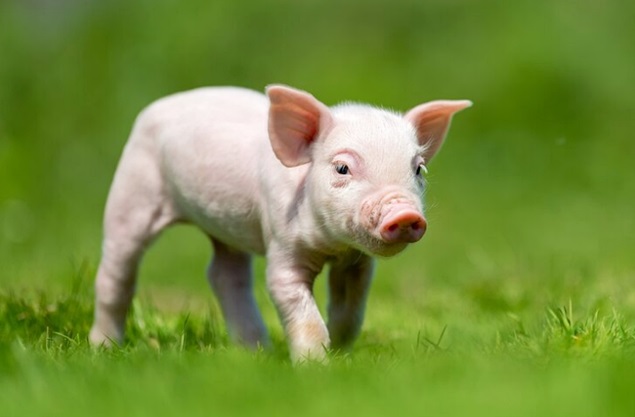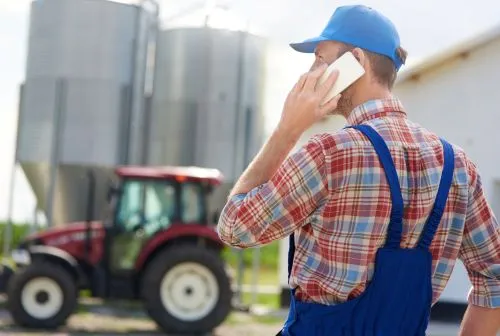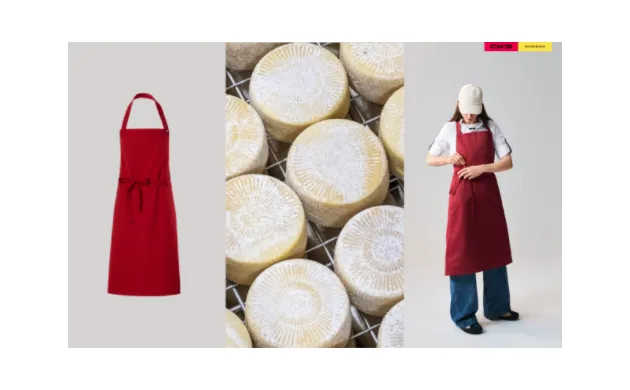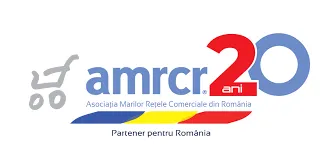1629

After presenting only a small part of the promised review of animal welfare legislation, the Commission stated in the European Parliament plenary that a review must be based on a strategic dialogue with stakeholders, Euractiv reports.
A comprehensive review
The Commission committed to a comprehensive review of animal welfare legislation in 2020, with proposals expected by the end of 2023. Ultimately, the bloc's executive only submitted proposals for stricter rules on animal transport.
Proposals announced but shelved by the Commission, such as stricter cage norms, modification of slaughter rules, and animal welfare labeling, "will need to be thought out sustainably for the agri-food sector," with "consultation with stakeholders" and a sufficient transition period," said European Commissioner for Cohesion and Reform Elisa Ferreira in the Parliament plenary.
In the debate, Ferreira replaced Commissioner Stella Kyriakides, who handles the dossier. The strategic dialogue launched at the end of January by Commission President Ursula von der Leyen will be "an ideal forum for these discussions," she added.
In 2020, the Commission announced a comprehensive review of European animal welfare legislation as part of the Farm to Fork strategy.
Although the impact assessment on the proposal passed the Commission's quality control council last summer, the executive refrained from launching a comprehensive review in the current mandate.
However, in recent years, pressure has mounted in the European Parliament and civil society, as illustrated by the letter from around a hundred European MEPs in September 2023, calling for an urgent review of legislation, and the European Citizens' Initiative (ECI) "End The Cage Age," which garnered over a million signatures.
Strategic dialogue on animal welfare
During the plenary debate, MEPs were divided. "In the past four years, the Commission has made good promises that have not been kept [...] What are we waiting for to end animal suffering?" asked Niels Fuglsang (S&D/Denmark), requesting "at least a roadmap, once, a deadline" for the new legislation.
In response to the Commission's desire to establish a strategic dialogue, German MEP Martin Häusling (Greens/EFA) acknowledged that "animal protection, like environmental protection, has a cost, but is the goal to have cheap meat, regardless of animal suffering?"
While some MEPs called for progress before the June European elections, others, such as Caroline Roose (Greens/EFA), are already betting on the next mandate:
"I no longer talk to the Commission. Citizens, vote for those who will truly defend animals," said the ecologist.
Ferreira reminded MEPs that two "major laws" were proposed last December, one on animal transport and the other on the welfare and traceability of pet animals.
Romanian Christian Democrat Daniel Buda (EPP) sided with Ferreira. "We need to develop texts in cooperation with farmers and breeders to develop an effective and fair policy."
Beata Mazurek (ECR/Poland) warned that in recent months, farmers have taken to the streets because of "unrealistic" animal welfare rules.
Other MEPs, affiliated with the far-right ID group, lamented that ritual slaughter is permitted in some countries.
Patricia Chagnon (ID/France) pointed fingers at products imported from third countries, raised in problematic conditions causing animal suffering and unfair competition for farmers.
The European Commission has proposed stricter rules on animal transport and pet animals, but activists have criticized a series of gaps, while much of the originally intended animal welfare review has been left for the next mandate.
Harmonizing existing rules
According to the Commission, the lack of harmonization of regulations within the EU fragments the single market and penalizes certain farms.
A report by the European Court of Auditors (ECA) published in April 2023 showed that current rules are applied unevenly, both between Member States and regions.
"The horrifying images coming out of farms would no longer exist if Member States respected the current legislation! It must be enforced," said Italian MEP Herbert Dorfmann (EPP).
Ferreira emphasized that "farmers must be able to invest and benefit from all market opportunities, which will go hand in hand with improving animal welfare."
For Spanish MEP Clara Aguilera (S&D), there is also a territorial injustice. Peripheral regions - such as her Andalusian region - which have a greater need to transport animals, are more affected by European standards, she said.
The Commission told MEPs that work has begun on compliance with current legislation. (Photo: Freepik)





